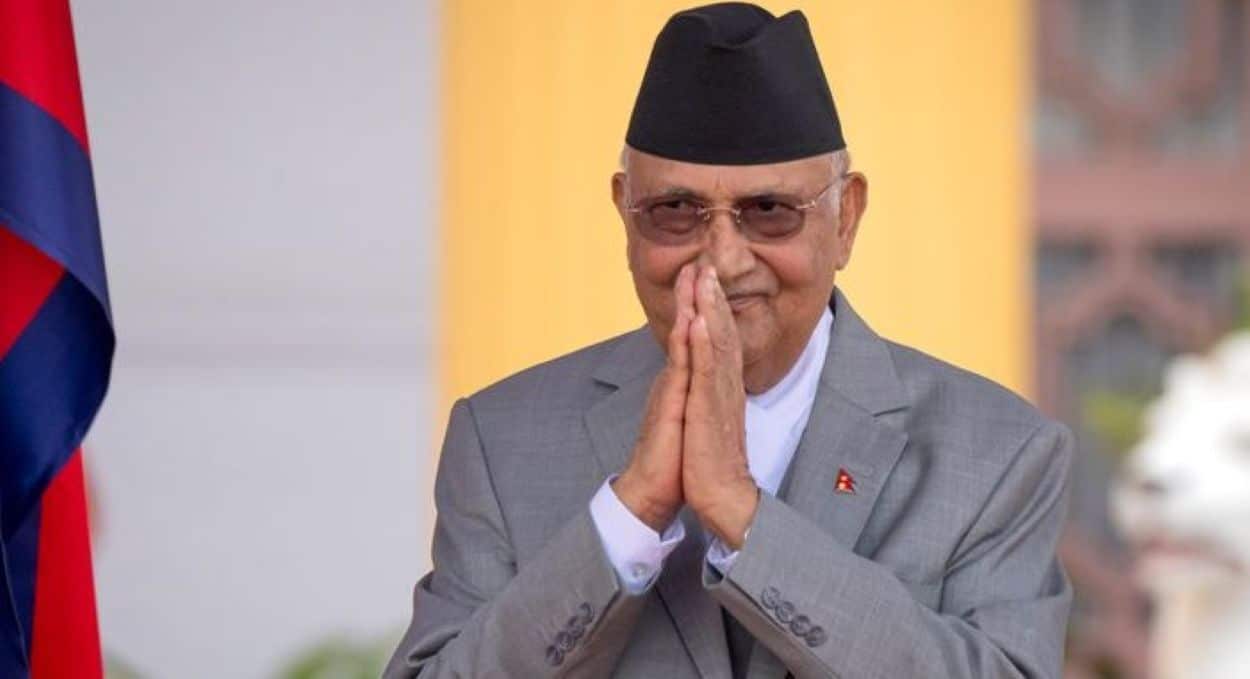Nepal’s Prime Minister KP Sharma Oli resigned after deadly anti-corruption protests rocked Kathmandu. The protests defied an indefinite curfew and led to clashes with police. Nineteen people died, and over 100 were injured. The unrest began after a social media ban triggered anger across the nation.
Oli’s government blocked access to platforms like Facebook, Instagram, and X, saying they failed to register with authorities. Critics called the ban a way to limit free speech. Young protesters, calling themselves “Gen Z demonstrators,” protested corruption and shared posts exposing politicians’ lavish lifestyles.
Nepal’s PM KP Sharma Oli has resigned after violent anti-corruption protests, sparked by a controversial social media ban, left at least 19 people dead.
Protesters defied curfews, stormed Parliament, and set fire to the residences of the president and top ministers. pic.twitter.com/NTMQjsO54h
— Al Jazeera English (@AJEnglish) September 9, 2025On Monday, police fired tear gas and rubber bullets at protesters who tried to enter parliament. Although Oli lifted the ban on Tuesday, protests continued. Protesters burned tires, threw stones, and chased police. Some reports said homes of politicians were set on fire, and military helicopters evacuated ministers, but these reports remain unconfirmed.
Oli, 73, resigned on Tuesday to help find a political solution. He informed President Ramchandra Paudel, who accepted the resignation and began talks to select a new leader. Oli had started his fourth term last July but faced pressure after two ministers resigned on moral grounds.
Despite calling for peaceful talks, protests continued. The unrest is Nepal’s worst in years. Protester Robin Sreshtha told Reuters, “We want a corruption-free country with better schools and hospitals.” Kathmandu’s main airport shut down due to fires nearby, disrupting travel.
India and embassies from countries like the U.S. and U.K. urged calm and dialogue to protect rights.






